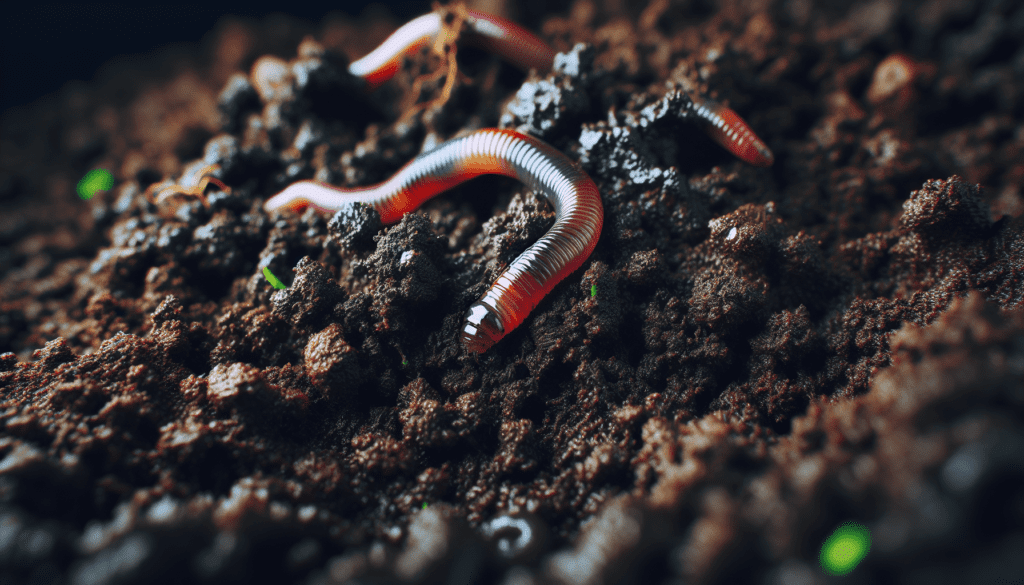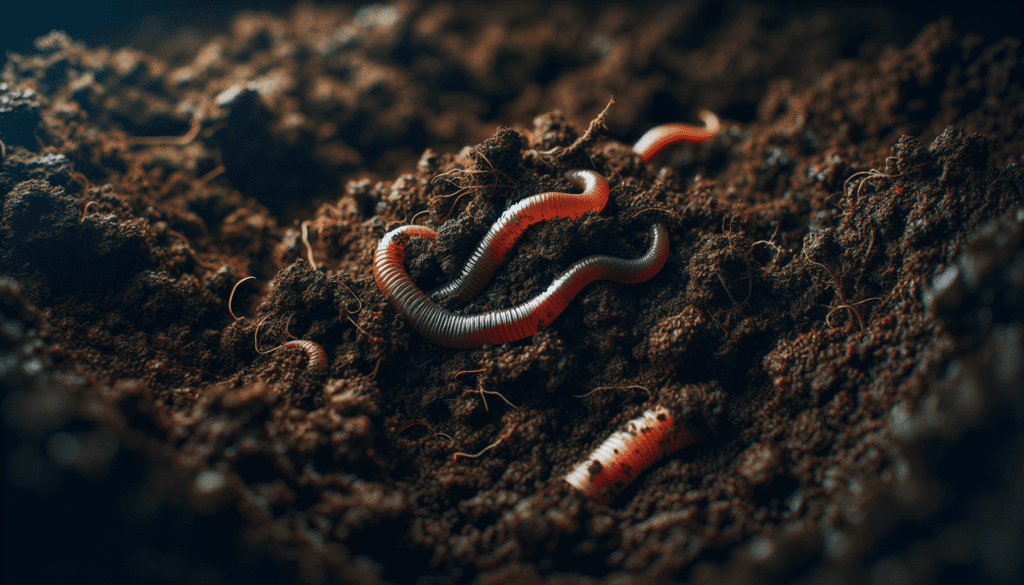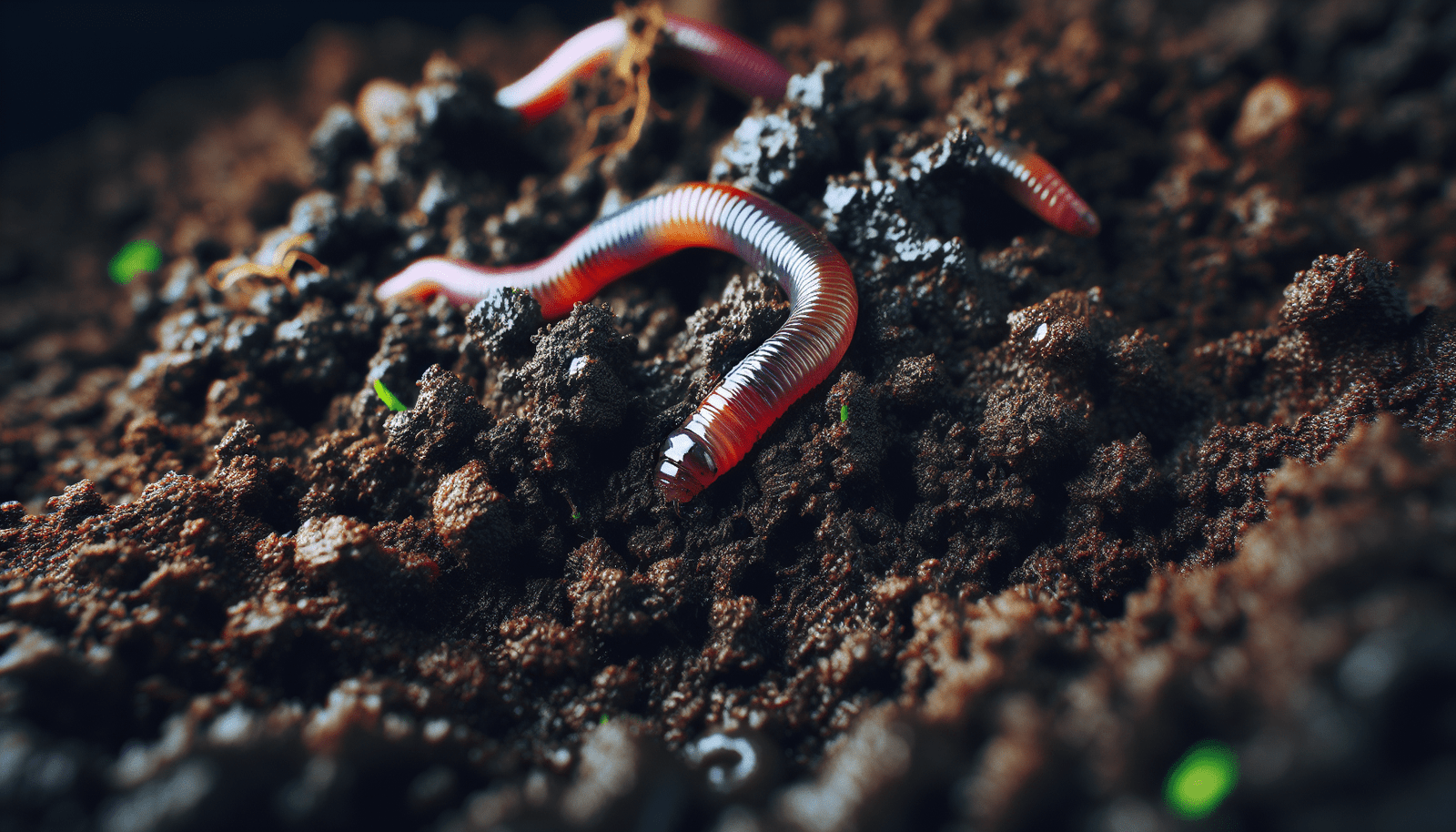Have you ever wondered how to properly manage soil health in your organic garden? Whether you are a seasoned gardener or just starting out, it’s important to understand the essentials of maintaining healthy soil for optimal plant growth. In this article, we will explore the key components and practices for managing soil health in organic gardens.
Understanding Soil Health
Soil health is the foundation of a successful organic garden. It plays a crucial role in providing essential nutrients, water, and support for plant growth. By understanding the basics of soil health, you can create a thriving environment for your plants to flourish.
What is Soil Health?
Soil health refers to the overall well-being of the soil ecosystem, including its physical, chemical, and biological properties. Healthy soil is teeming with beneficial microbes, earthworms, and other organisms that work together to create a balanced and fertile environment for plant growth.
Assessing Soil Health
Before you can effectively manage soil health in your organic garden, it’s important to assess the current state of your soil. By conducting a soil test, you can determine key factors such as pH levels, nutrient content, and soil texture. This information will help you make informed decisions about soil amendment and fertilizer application.
Conducting a Soil Test
To conduct a soil test, you can purchase a DIY test kit or send a sample to a professional laboratory for analysis. By following the instructions provided, you can collect soil samples from different areas of your garden and send them off for testing. The results will give you valuable insights into the overall health of your soil.

Improving Soil Structure
One of the key components of soil health is its structure. Soil structure refers to the arrangement of soil particles and the spaces between them. Healthy soil has a good structure that allows for proper aeration, water retention, and root development.
Methods for Improving Soil Structure
To improve soil structure in your organic garden, you can incorporate organic matter such as compost, mulch, and cover crops. These materials help to loosen compacted soil, increase nutrient content, and promote the growth of beneficial soil organisms. Regular tilling and cultivation can also help to improve soil structure over time.
Balancing Soil pH
Soil pH is an important factor that influences nutrient availability and plant growth. Most plants prefer a slightly acidic to neutral pH range, typically between 6.0 and 7.0. By balancing soil pH in your organic garden, you can ensure that plants have access to the nutrients they need for healthy growth.
Adjusting Soil pH Levels
To adjust soil pH levels, you can add organic amendments such as lime to raise pH or sulfur to lower pH. It’s important to follow recommended application rates and conduct periodic soil tests to monitor changes in pH over time. By maintaining optimal soil pH, you can create a favorable growing environment for a wide variety of plants.

Enhancing Soil Fertility
Fertile soil is essential for promoting robust plant growth and high yields in your organic garden. By enhancing soil fertility, you can provide plants with the essential nutrients they need to thrive.
Building Soil Fertility Naturally
To build soil fertility in your organic garden, you can incorporate natural fertilizers such as compost, manure, and fish emulsion. These organic materials are rich in nutrients and help to improve soil structure and microbial activity. By practicing crop rotation and intercropping, you can also improve soil fertility and reduce the risk of nutrient depletion.
Managing Soil Moisture
Proper soil moisture is critical for plant growth and development in your organic garden. Soil that is too dry or too wet can negatively impact plant health and yield. By implementing effective moisture management practices, you can ensure that plants receive the right amount of water for optimal growth.
Implementing Effective Moisture Management
To manage soil moisture in your organic garden, you can use techniques such as drip irrigation, mulching, and rainwater harvesting. These methods help to conserve water, prevent soil erosion, and promote healthy root development. By monitoring soil moisture levels and adjusting watering practices as needed, you can create a sustainable and productive garden environment.
Controlling Soil Erosion
Soil erosion is a common problem in organic gardens that can lead to nutrient depletion and reduced plant growth. By implementing erosion control measures, you can protect your soil from loss and maintain its health and fertility.
Preventing Soil Erosion
To prevent soil erosion in your organic garden, you can use techniques such as contour plowing, terracing, and planting cover crops. These methods help to stabilize the soil, reduce runoff, and promote soil conservation. By creating physical barriers and maintaining vegetative cover, you can minimize the risk of erosion and preserve the health of your garden soil.
Conclusion
Managing soil health is an essential aspect of successful organic gardening. By understanding the key components of soil health and implementing effective management practices, you can create a thriving environment for your plants to grow and flourish. Remember to assess your soil, improve its structure, balance pH levels, enhance fertility, manage moisture, and control erosion to maintain the long-term health and productivity of your organic garden. Happy gardening!

